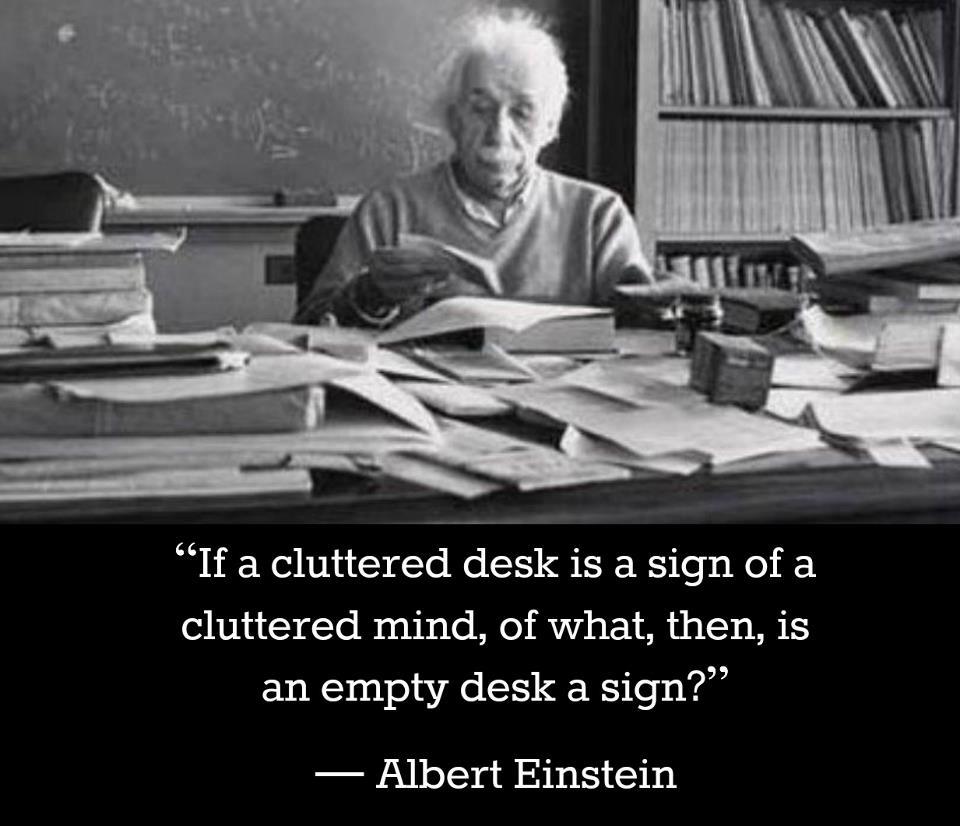Paul Whybrow
Full Member
I came across a word new to me in a crime novel I've just started reading. Ray Celestin's The Axeman's Jazz deservedly won the CWA New Blood Dagger for best debut crime novel of the year, and was featured on numerous Books of the Year lists.
In describing a street scene in New Orleans, he mentions colporteurs, which are street sellers of books, pamphlets and other publications.
Colportage - Wikipedia
Once carried by horse or covered waggon, I wondered if we'll see a resurgence of this trade after the crisis is over. Not every closed bookshop will weather the storm. Barnes & Noble was already in financial trouble.
It could be that we writers will become street peddlers to support our online sales.

(not me!)
In describing a street scene in New Orleans, he mentions colporteurs, which are street sellers of books, pamphlets and other publications.
Colportage - Wikipedia
Once carried by horse or covered waggon, I wondered if we'll see a resurgence of this trade after the crisis is over. Not every closed bookshop will weather the storm. Barnes & Noble was already in financial trouble.
It could be that we writers will become street peddlers to support our online sales.

(not me!)








